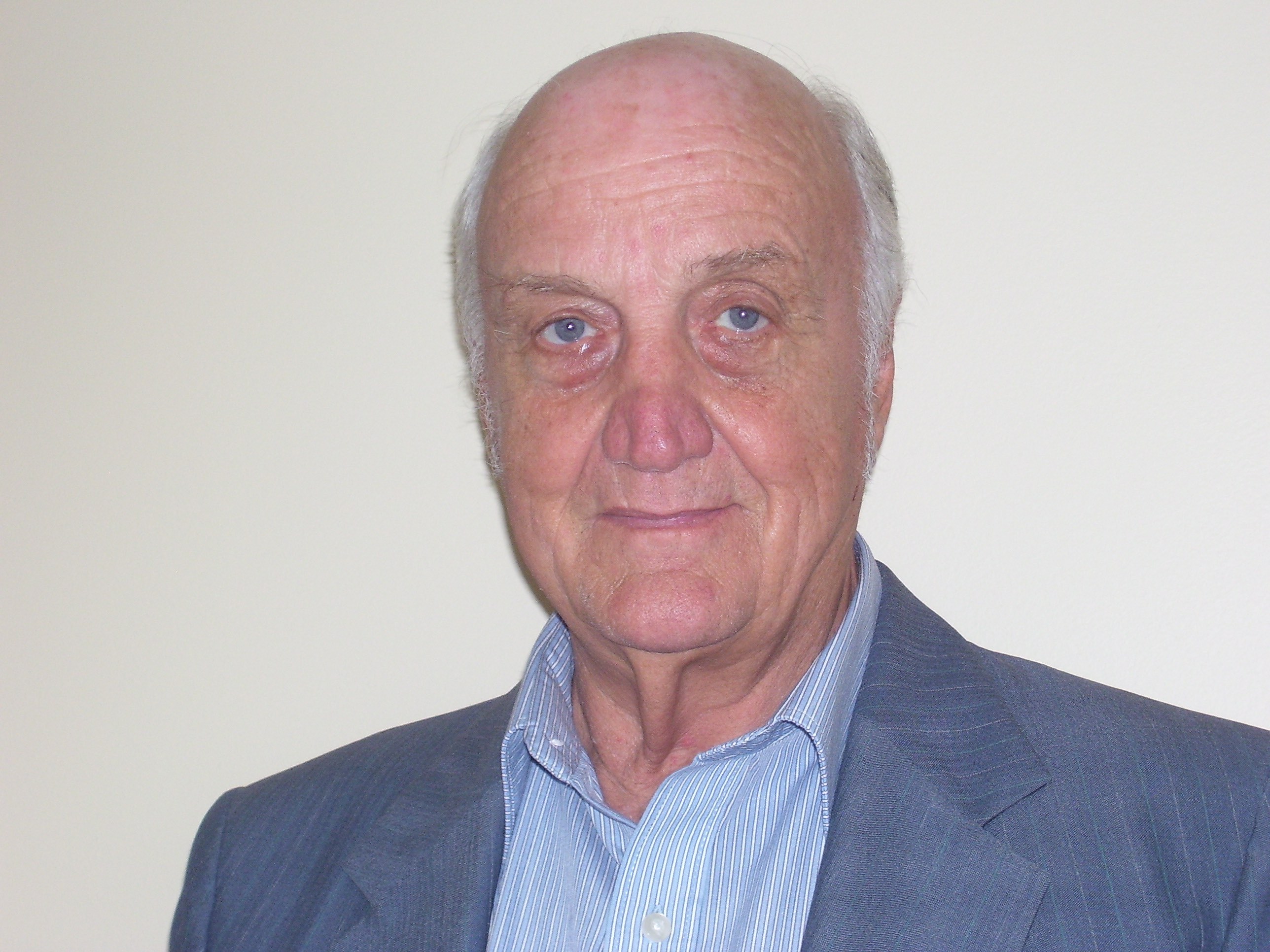Ralph Pentland is a member of the Forum for Leadership on Water, president of Ralbet Enterprises Inc. and a leading Canadian water policy expert who authored the IJC’s Report on the progress the Great Lakes states and provinces have made over the last 10 years in defending the lakes from diversions, bulk exports and large-scale withdrawals.
Pentland comments on the Great Lakes governors’ approval of Waukesha’s request to divert water from Lake Michigan.
I co-chaired two major International Joint Commission References on Great Lakes diversions and consumptive uses. The first in the 1980s led to the Great Lakes Charter. The second in 1999 – 2000 preceded state-provincial negotiations on the Great Lakes – St. Lawrence Sustainable Water Resources Agreement and Compact. I subsequently advised the Province of Ontario during the Agreement and Compact negotiations.
I am personally quite confident that, as long as the Standard in the Agreement and Compact are met, there will be no significant negative impact on the ecological integrity of the Great Lakes or the St. Lawrence River. And, as long as the Standard is met, one need not worry about precedent.
Regarding Waukesha more specifically, I am quite sure there will be no negative impact on the Great Lakes. Currently, Waukesha is sucking water out of Lake Michigan through groundwater withdrawals. Once they switch to Lake Michigan surface water, and the return flow goes back to the Lake, there will be no net loss of water to the Great Lakes system. There may even be a small gain. And as long as the return flows are of good quality, there will be no damage to ecological integrity.
On the issue of precedent, I think that most if not all aspects of the Agreement and Compact Standard will be met. The only aspect that I am not 100 per cent sure about is the requirement that there be no reasonable alternative. I understand there are some who claim Waukesha has the alternative of treating the radium in the groundwater. I am not close enough to pass judgement on that contention, but would be prepared to give the benefit of the doubt to the decision-makers on that one.
In my view, the Agreement and Compact are sound, and will adequately protect the Great Lakes as long as they are reasonably applied. I am cautiously optimistic that has been the case with this specific decision.
Best regards, Ralph Pentland









